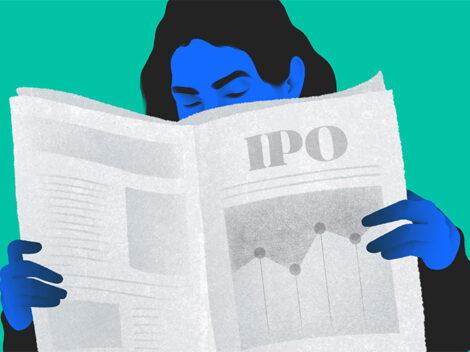Venture-backed startups are buying other startups at the fastest pace in at least a decade, according to Crunchbase data.
Subscribe to the Crunchbase Daily
Since the beginning of the year, there have been at least 530 acquisitions of venture-backed U.S.-based companies by other private companies. Per Crunchbase data, 268 of those acquisitions — just over half — were venture-backed companies buying other venture-backed companies.
Startups are on an acquisition spree buying other startups, as the 268 acquisitions of venture-backed companies by other VC-backed companies from January to mid-July is the highest level in that period of the past decade. The last time the numbers approached those levels was 2016, when there were 204 acquisitions of VC-backed companies by other VC-backed companies.
Part of the reason for such an active M&A market is because the market for startups overall is hot, with record venture financing and IPO deal volume at new highs, according to Michael Torosian, a partner in the law firm Baker Botts’ emerging companies and venture capital practice.
“Right now we have everything hitting on all cylinders,” Torosian said.
“Those acquisitions feed returns for the backers of those target companies, who then are able to distribute those funds and then easily fundraise again for their new funds, and then put more money into the startups,” Torosian said.

MicroAcquire, a startup acquisition marketplace that focuses on bootstrapped, profitable companies, has seen a lot of activity in terms of VC firms, startup founders, and private and public companies joining its platform.
About 90 percent of the companies on MicroAcquire’s platform are private, according to CEO Andrew Gazdecki. “We’re seeing about 300 to 400 new buyers registering each day,” he said in an interview. “We see an acquisition happening probably every other day.”
MicroAcquire itself has raised $6.3 million in total funding, most recently with a $3.5 million round from investors including Anthony Pompliano and Sam Parr.
Private buyers lead the way
Private companies have been more active in the M&A world as buyers since the beginning of the year than public companies. That makes sense, given the fact that there are more private companies out there than public ones.
Torosian has noticed more private, late-stage buyers competing with public companies than in the past.
“For the target now, the public buyer was typically going to offer cash, and the cash is nice,” Torosian said. “But now (they’re) looking at a private buyer who’s maybe providing less cash, but maybe is providing equity.”
Having equity in the mix is attractive because the market is so robust that the private company acquirer could have great growth prospects, he said.
“It used to be, ‘Gosh we just want the public company buyer to throw down some cash and make this simple and get us out of here,’ ” Torosian said, adding that acquisition targets are thinking more highly of a private company buyer nowadays.
The market for acquisitions is getting more competitive, according to Gazdecki, and that means buyers have to be more flexible with their terms.
“I’m starting to see a lot of these firms and companies make it easy for founders to sell their company,” Gazdecki said. “Thirty days to LOI (letter of intent), another 30 days to close.”
Valuations drive dealmaking
Because valuations are so high, sellers are motivated to sell, according to Louis Lehot, a partner at the law firm Foley & Lardner LLP. Upcoming capital gains tax increases and fears that inflation could trigger an increase in interest rates have also contributed to the high volume of M&A activity, though Lehot noted that it’s been more strategic buyers looking to buy, rather than private equity firms doing deals for early- or middle-stage companies.
“I don’t think the fact that antitrust is tightening has been a reason that people are doing deals up to now, but I think the tightening will put the brakes on M&A. … I think the new head of the FTC is going to start issuing second requests to all the HSR filings that come in,” he said.
Lehot anticipates there will be more scrutiny of M&A deals beginning in January, and deals will take longer to complete. Companies “can no longer count on the FTC to be a 30-day rubber stamp, unless somebody complains,” Lehot said. Instead, they should anticipate a second request for more information, and for a two- to three-month process if there aren’t any issues, or six to 12 months if there are.
“Buyers — before they sign on a deal — they’re going to think a lot harder on the antitrust risk and where there’s deemed to be risk they’re not going to proceed,” Lehot said.
Illustration: Dom Guzman

Stay up to date with recent funding rounds, acquisitions, and more with the Crunchbase Daily.










![Illustration of pandemic pet pampering. [Dom Guzman]](https://news.crunchbase.com/wp-content/uploads/2021/03/Pets-2-300x168.jpg)
67.1K Followers